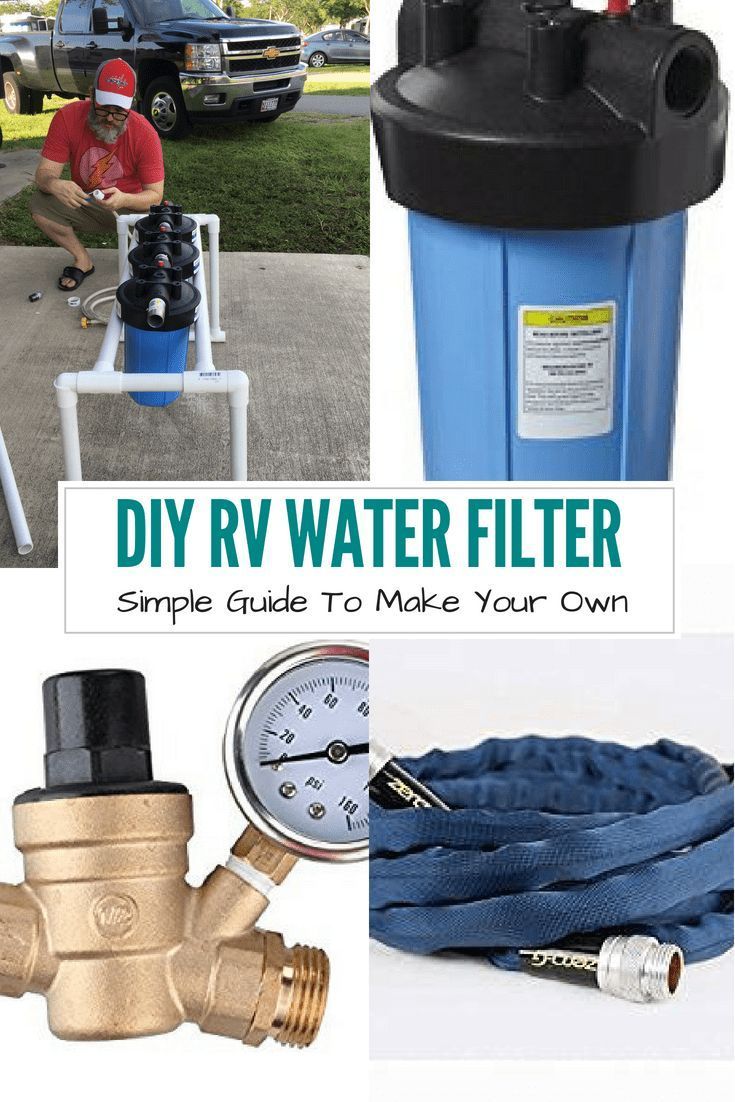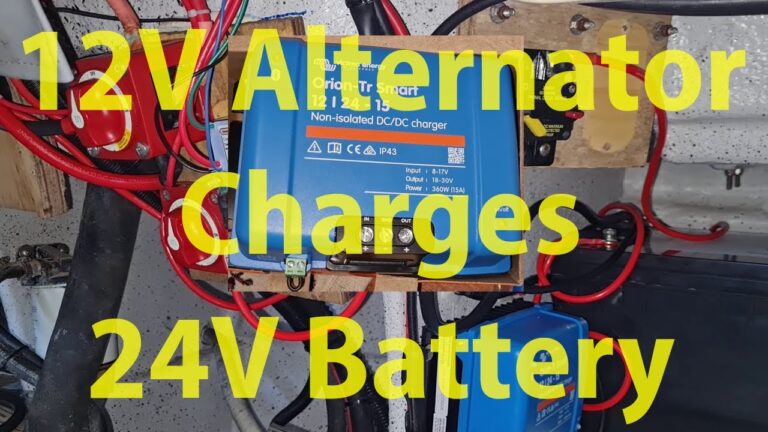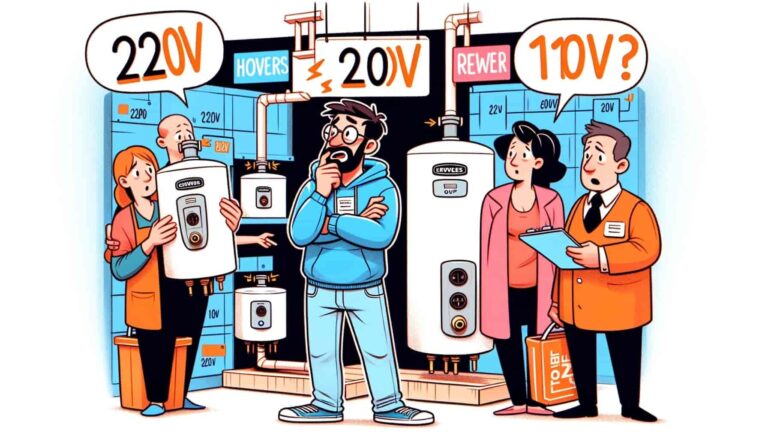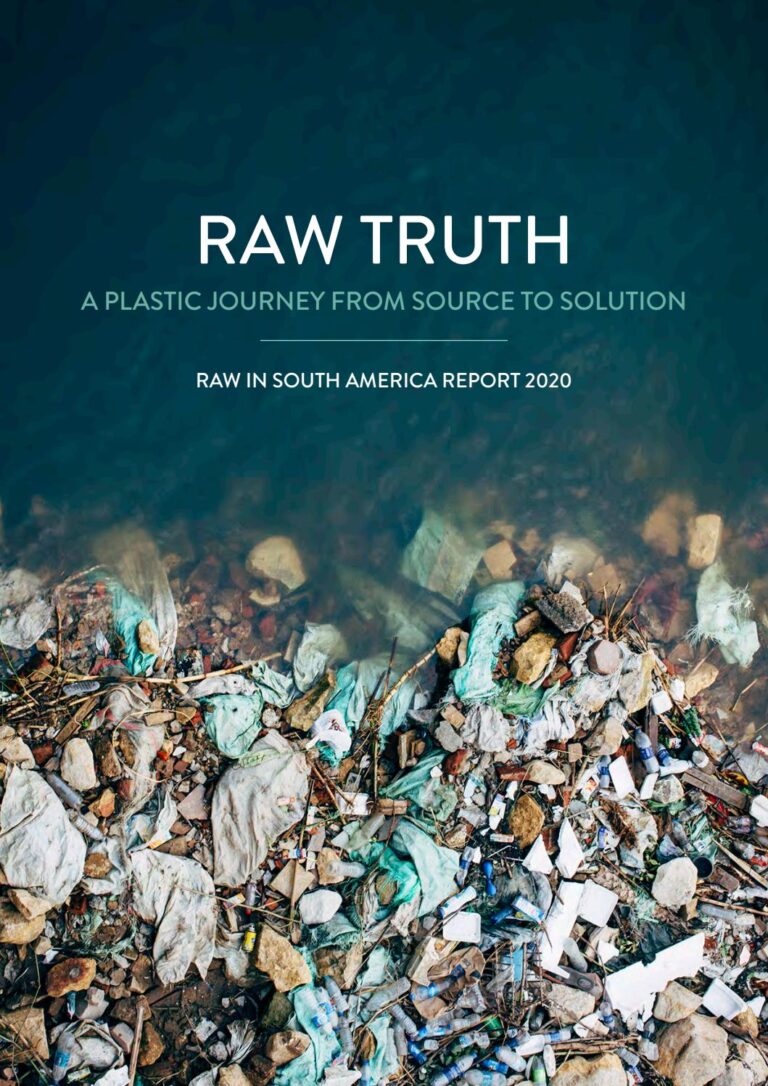Build Your Own Water Softener: The Ultimate DIY Guide
Yes, you can build your own water softener using a commercial resin. The most challenging part is regenerating the resin with a brine solution, which requires the correct amount of brine and duration of exposure, followed by rinsing to remove the brine.
Building your own water softener allows for customization and cost savings.
Introduction To Diy Water Softeners
Build Your Own Water Softener
DIY water softeners are becoming popular among homeowners for their numerous benefits. Having a water softener at home can bring several advantages for both you and your household. For instance, a water softener can help prevent limescale build-up, extend the lifespan of your appliances, improve the efficiency of your plumbing system, and provide softer and cleaner water for bathing and washing. These benefits have led to an increase in the popularity of DIY water softeners.
So, why are DIY water softeners gaining traction? One of the main reasons is the cost-effectiveness they offer. Building your own water softener can save you money compared to buying a pre-built system. Additionally, DIY water softeners give you the flexibility to customize the system according to your specific needs and water hardness levels. By following step-by-step instructions and using readily available materials, you can create a water softener that meets your requirements.
Overall, DIY water softeners have become a preferred choice for homeowners looking to enjoy the benefits of soft water without spending a fortune. With the right guidance and materials, you can build your own water softener and enjoy the advantages it brings to your home.

Credit: www.thisoldhouse.com
Understanding Water Softening Systems
Understanding Water Softening Systems
When it comes to building your own water softener, it is important to understand the different types of water softening systems available. There are several options available, each with its own pros and cons.
Different types of water softening systems:
| System | Pros | Cons |
|---|---|---|
| Traditional Softeners | Effective at removing hardness minerals | Require regular maintenance and salt replenishment |
| Filter Systems | Easy to install and maintain | May not be as effective at removing all hardness minerals |
| Citrus Cartridge Systems | Environmentally friendly and easy to install | Less effective at removing hardness minerals |
Factors to consider when choosing a DIY water softener system:
- Water hardness level in your area
- Budget for installation and maintenance
- Available space for the system
- Environmental impact
By considering these factors and understanding the different types of water softening systems, you can make an informed decision and build your own water softener system that suits your needs.
Building Your Own Water Softener
Building your own water softener is a feasible option, and it requires the use of certain materials and tools. To begin, you will need a commercial resin, which is the most essential component of a water softener. Regenerating the softener resin with a brine solution is a crucial step in the process. It is important to have the correct amount of brine and ensure the resin is exposed to the solution for the appropriate duration. After regeneration, a proper rinsing process must be conducted to remove any excess brine. When it comes to installation and connection tips, make sure to follow the manufacturer’s guidelines and consult with a professional, if needed. Lastly, regular maintenance and troubleshooting are essential to keep your water softener functioning effectively.
Alternative Methods For Water Softening
When it comes to alternative methods for water softening, boiling is a commonly used option. The process of boiling water to soften it is quite simple. Just bring the water to a boil, let it continue boiling for a few minutes, and then let it cool before using. While boiling can effectively remove some of the minerals that cause hardness in water, there are pros and cons to consider. On the positive side, boiling is a natural method that doesn’t require any additional equipment. However, it may be time-consuming and energy-intensive.
Ion-exchange filters for kitchen faucets offer another solution for water softening. These filters work by swapping out the hard minerals for softer ones, effectively reducing the hardness of the water. The installation and usage guide for ion-exchange filters is typically provided by the manufacturer and should be followed carefully. Some pros of using ion-exchange filters include convenience and the ability to target specific faucets. However, they may require regular maintenance and filter replacement.
If you prefer a more portable option, water pitcher filters can be used for softening water. These filters usually have a pitcher design and utilize activated carbon or resin cartridges to remove hardness-causing minerals. To use a water pitcher filter, simply fill the pitcher with tap water and let it pass through the filter to soften it. Benefits of using water pitcher filters include affordability and flexibility. However, they may have limited capacity and need frequent cartridge replacements.
Frequently Asked Questions Of Build Your Own Water Softener
Can You Make Your Own Water Softener?
Yes, you can build your own water softener using a commercial resin. The most challenging part is regenerating the softener resin with a brine solution. You’ll need the correct amount of brine, exposure duration, and rinse to remove the brine.
How Do You Make A Homemade Water Softener?
Yes, you can build your own water softener using commercial resin. The most challenging part is regenerating the resin with a brine solution. You’ll need the correct amount of brine and exposure time, followed by a rinse.
What Is The Cheapest Way To Soften Water At Home?
The cheapest way to soften water at home is by boiling it or using an ion-exchange filter. Boiling will make the salts sink to the bottom, which can be scooped out or poured into another container. Installing an ion-exchange filter on your faucet or using a water pitcher filter are also cost-effective options.
How Can I Make My Water Softer Without A Water Softener?
You can make your water softer without a water softener by boiling the water before showering, adding baking soda to the water, using apple cider vinegar, installing a water softener system, or installing a shower head with a hard water filter.
Another option is to soften your kitchen water by boiling it and scooping out the deposits. Installing an ion-exchange filter to your kitchen faucet or using a water pitcher filter can also help.
Conclusion
Building your own water softener is a feasible option for those who prefer a DIY approach. By using a commercial resin, you can create your own system. However, it’s important to note that the regeneration process with brine solution can be challenging and requires precise measurements and timing.
If you’re up for the task, building your own water softener can be a cost-effective solution to enjoying softened water in your home.







